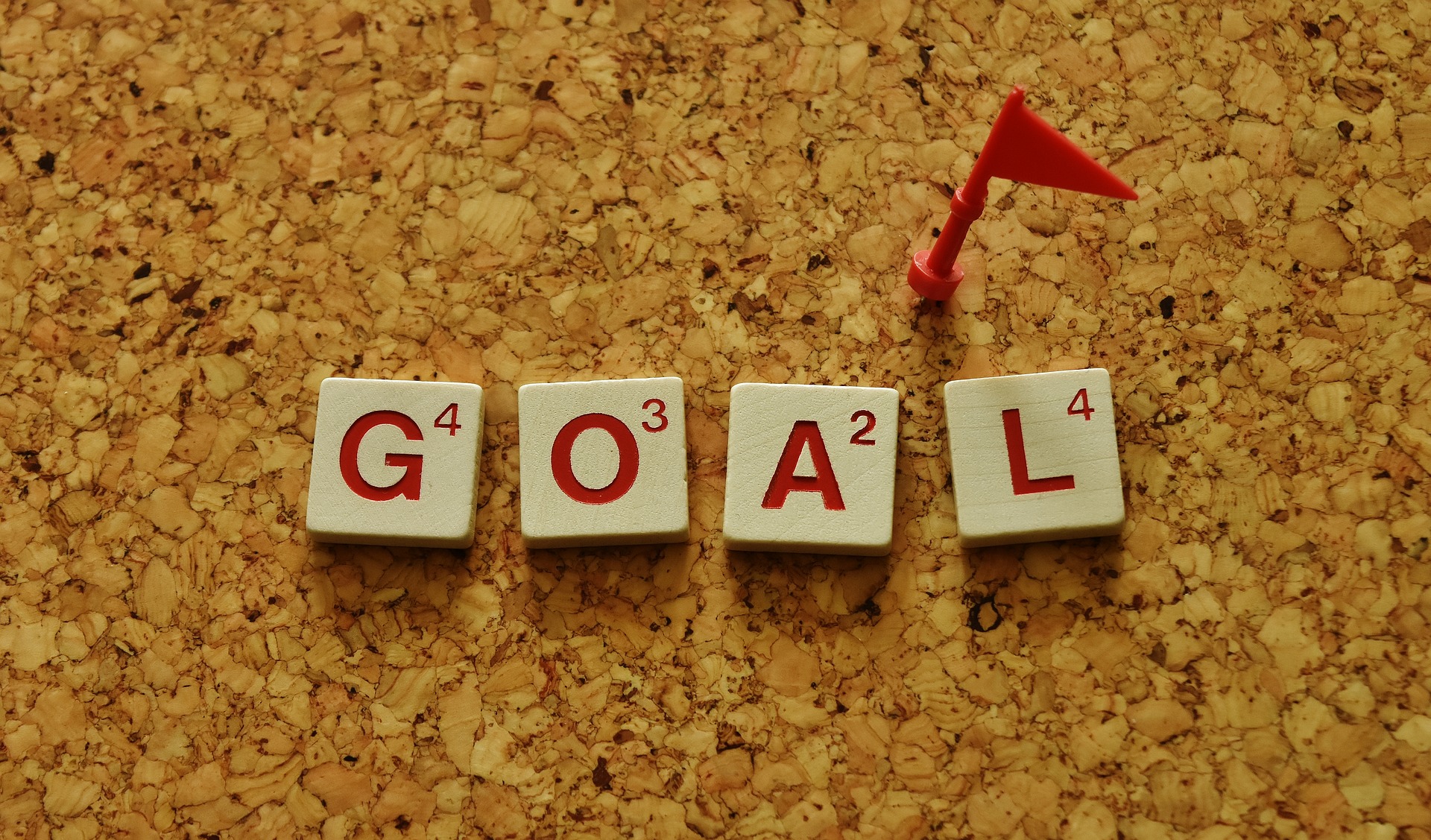
We are very impressed by people who have a great accent and seem very confident in a secondary language. Sometimes it even seems like an unachievable goal to us.I know there are thousands of multilinguals out there that can speak better French, English, Japanese and Spanish than I do.
Is it discouraging? Yes.
Is comparison a good thing? Only to learn new techniques.
Should it make you give up on your goal to learn a new language? Never.
First, let’s go into the main reason to learn a new language: Increasing your possibility to communicate with people.
Languages are powerful tools, and by using them you can broaden your network and your ability to see the world. Even when you don’t know much about a language, you can always connect with people, as we all share common thoughts and ideas as human beings. For this reason, it is always incredibly surprising and enjoyable to hear someone speak with me, even if we don’t share the same primary language.
Nelson Mandela once said “ If you talk to a man in a language he understands, that goes to his head.If you talk to him in his language, that goes to his heart. ”
If you start using difficult words with someone that hardly understands your language, you can be sure you won’t be able to communicate. But if you use simple words, and if you add some gesture, then your message will be clearer. Have you ever played a video game? The words are easy: “start” “stop” “exit”, they are made for a large amount of people to understand.
(Have a look at this inspiring TED talk by Marianna Pascal “Learning a language? Speak it like you’re playing a video game” https://www.youtube.com/watch?v=Ge7c7otG2mk ).
In real life, it’s all the same, by questioning the core message, what you truly want to share, you will realize that using key words is very important. The longer your sentence is, the less impact it will have. If you have too many words and too much information, your audience will get lost. Of course, you can repeat yourself, but your goal is to build confidence in your target language, and what is better than being understood on your first shot? Never forget also that pauses and silences have power.
Clarity Comes First, Fluency Comes Second. This Is What I Want You To Remember Today.
This may sound like bad news but… you may never achieve fluency. Why?
Because “fluency” has such a broad definition, and not everyone may agree on one.
According to Oxford Learner’s Dictionary, fluency is defined as: “the quality of being able to speak or write a language, especially a foreign language, easily and well”.
There is nothing less subjective than doing something “well”. You may sound like a perfect bilingual to your grandparents who have never heard anyone speaking a foreign language. But to a native speaker of your target language, you may also sound like someone who is having trouble expressing themselves.
Let’s read an example:
-Today I want to talk to you about my love for my cat Kiwi. She is an old beautiful grey fluffy ball of fur. I’ve seen and petted a lot of cats in my life, but Kiwi is by far, the most beautiful. You may disagree with me thinking my cat is the best, but I’ll tell you that there is no better pet like your own. For all these reasons, I want you to experience unconditional love towards your pet, because it will be worth it forever .
-Today, I want to talk about my cat. We found each other 16 years ago, and I have grown with her at my side. She has long and grey fur. I have never seen such a beautiful cat. I know there is no pet like mine. But I wish you to find your Kiwi. I wish you to love a pet unconditionally.
Maybe these two paragraphs sound similar to you, and they are, because they are both talking about my amazing cat. But focus on the length of sentences, the conciseness of the message, maybe one of them will resonate better inside of you?
Here are some additional tips and tricks that helped me improve my English:
1- Listen to music you like and translate it. Learning a new language should be fun! It doesn’t have to be business oriented all the time. Have you ever wondered who was Billie Jean to Michael Jackson?
2- Practice anytime you can, the only bad way to practice a language is to not practice at all! My favorite option is talking to my pets! (My Kiwi enjoys Spanish better though…)
3- Look at yourself in the mirror, and never be ashamed of having a very active mouth. Pretend you are acting in front of thousands of people.
4- Imagine you have a hot potato in your mouth. This helped me have a better accent as it seems to me that English is mostly about aspirated sounds. A lot has to happen in the middle of your mouth.
5- ENJOY! The more you listen, the more you practice, the more you will get used to the language.
Whether you communicate vocally or in writing, the meaning behind what you say is always more impactful than what you actually say.
ベリタスイングリッシュ |中上級者向け 短期集中 ビジネス英語 コーチング

Veritas Coach
Olivia Fougerais
Olivia was born and raised in the Loire Valley in France, she majored in International and European business law. Passionate about languages and multiculturalism, she decided to take the opportunity to live in Tokyo for a semester as an exchange student in Chuo University. Once back to France, she worked as an in-house legal counsel in contract and business law. Slowly missing living abroad within an international environment, she then decided to build her own opportunity and go back to Japan in a move to become fluent in Japanese. This is when she joined Veritas, feeling highly motivated about the value it creates to its clients and willingness to contribute to the goals of Japanese’s ambitious leaders of tomorrow.











